One-stop Solution Marine Energy Storage System
Different containerized BESS for yachts
For the unique power requirements of yachts, Keheng offers a range of containerized Battery Energy Storage Systems (BESS) designed for marine application. These systems are engineered to provide reliable and efficient power, ensuring seamless operations even in the most demanding marine environments. The versatility of our BESS solutions means they can be tailored to fit the specific energy needs of various yacht sizes and types, providing an optimal balance of performance and efficiency.
- High Energy Efficiency: ESS reduces reliance on shore-based power supplies or fuel, providing energy autonomy while at sea.
- Durability: The robust and reliable container mechanical characteristics ensure that the systems remain operational and intact even in rough sea conditions.
- Scalability:Standardized design, easy to expand, support according to the actual need to customize the desired size, capacity, etc.
- Safety: Enhanced vibration design for marine environment; the integrated design includes the safety settings such as fire protection systems, temperature control systems etc to ensure operation without risks.
- Sustainability: By utilizing clean renewable energy, Keheng’s BESS contributes to emission-free maritime operations.
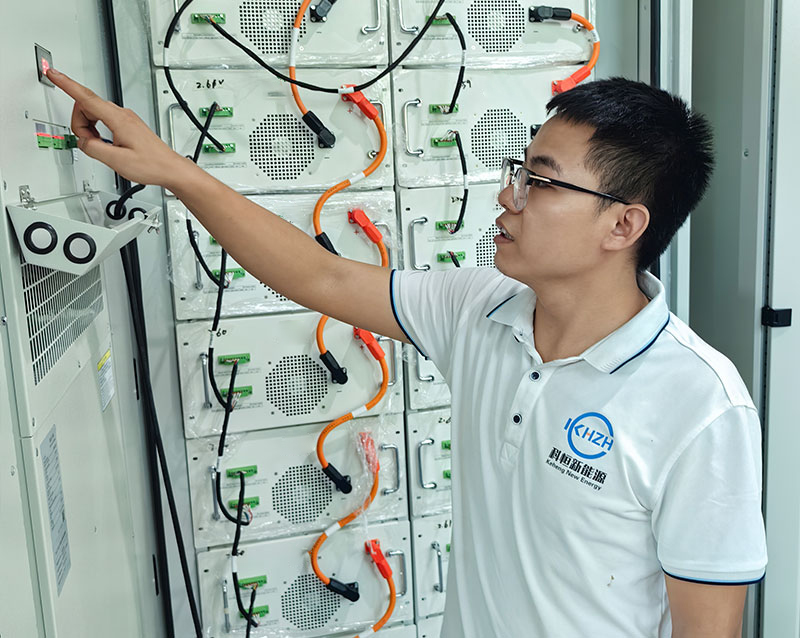
Do you have non-standard Needs ?
12 types of different battery modules allows for customization to meet the various yacht sizes and types. Our team works closely with you to design a system that not only meets but exceeds your expectations. From capacity planning to system integration, we ensure that every aspect of your marine energy storage solution is tailored to provide maximum value and efficiency.
The Turnkey Solution of the Marine energy storage system
Our marine BESS is designed is compatible with different PCS suppliers, we can OEM the marine engine battery and container energy storage. Our integration and R&D ability is in the leading level with the engineer team owned more than 15 years experience. Compare with our european competitors we have attractive price advantage.

What's the strength of our container energy storage battery?
Safe and Reliable
Approved industry certification of Cell ass test by UL/TUV/IEC;Multi-level design for fire control;Built-in early warning detection system;IP 54 rating for enclosure
Efficient and Durable
Industry leading LFP cell technology up to 6000 cycles with high thermal stability; Modular battery and cooling equipment are designed for better temperature control
Enhanced Monitoring Control
Integrated performance control for local andremote monitoring; Data logging for component level status monitoring; Realtime system operation analysis on terminalscreen
Smart and Scalable
Modular design supports ease of installation, expansion,and maintenance; ESS self-diagnosis and healing function; Supports remote maintenance and upgrades
Available Configurations
Dive into the future with Keheng’s innovative Marine Energy Storage System. Designed for the demanding needs of maritime applications, our system offers unparalleled reliability and efficiency.
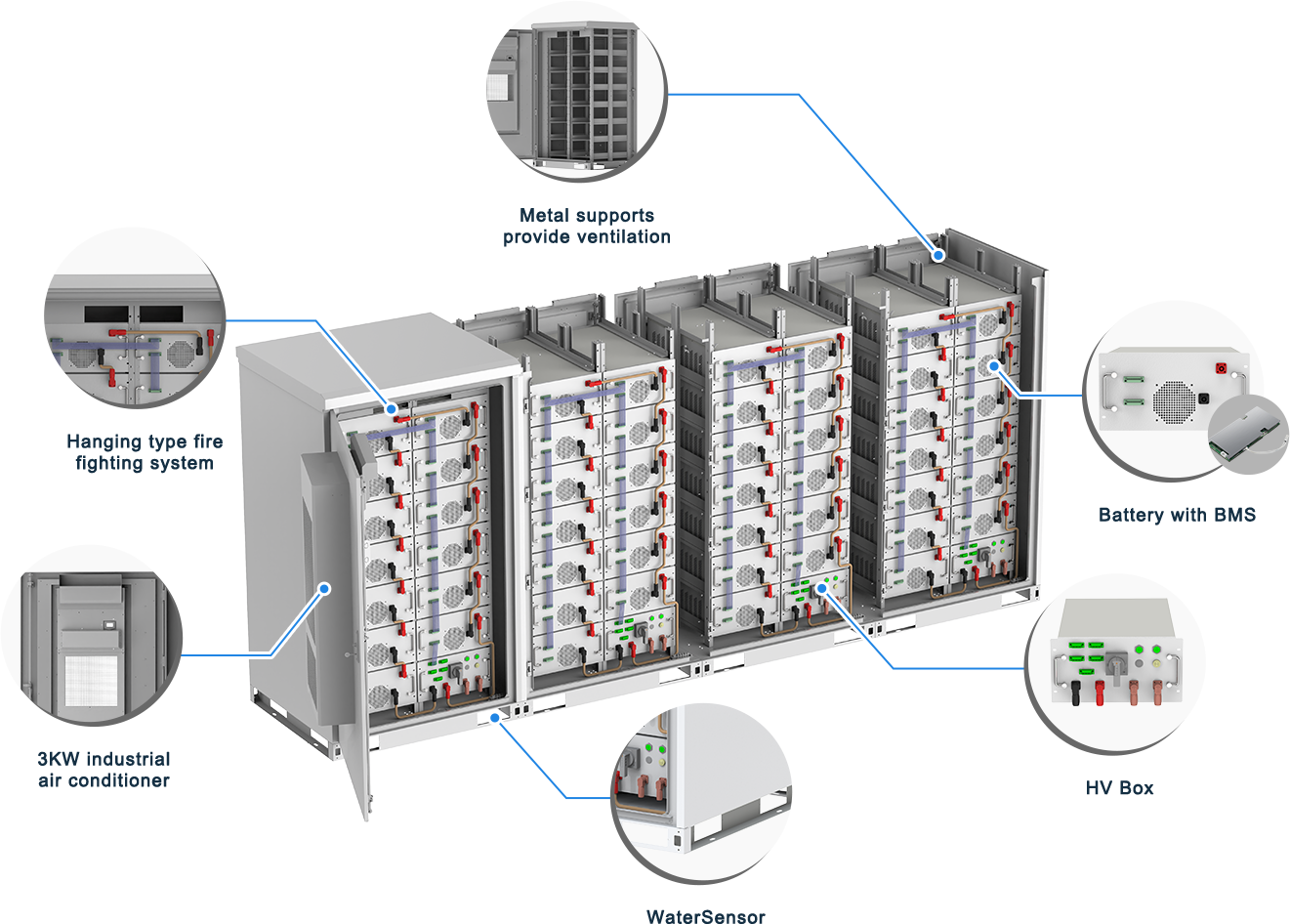
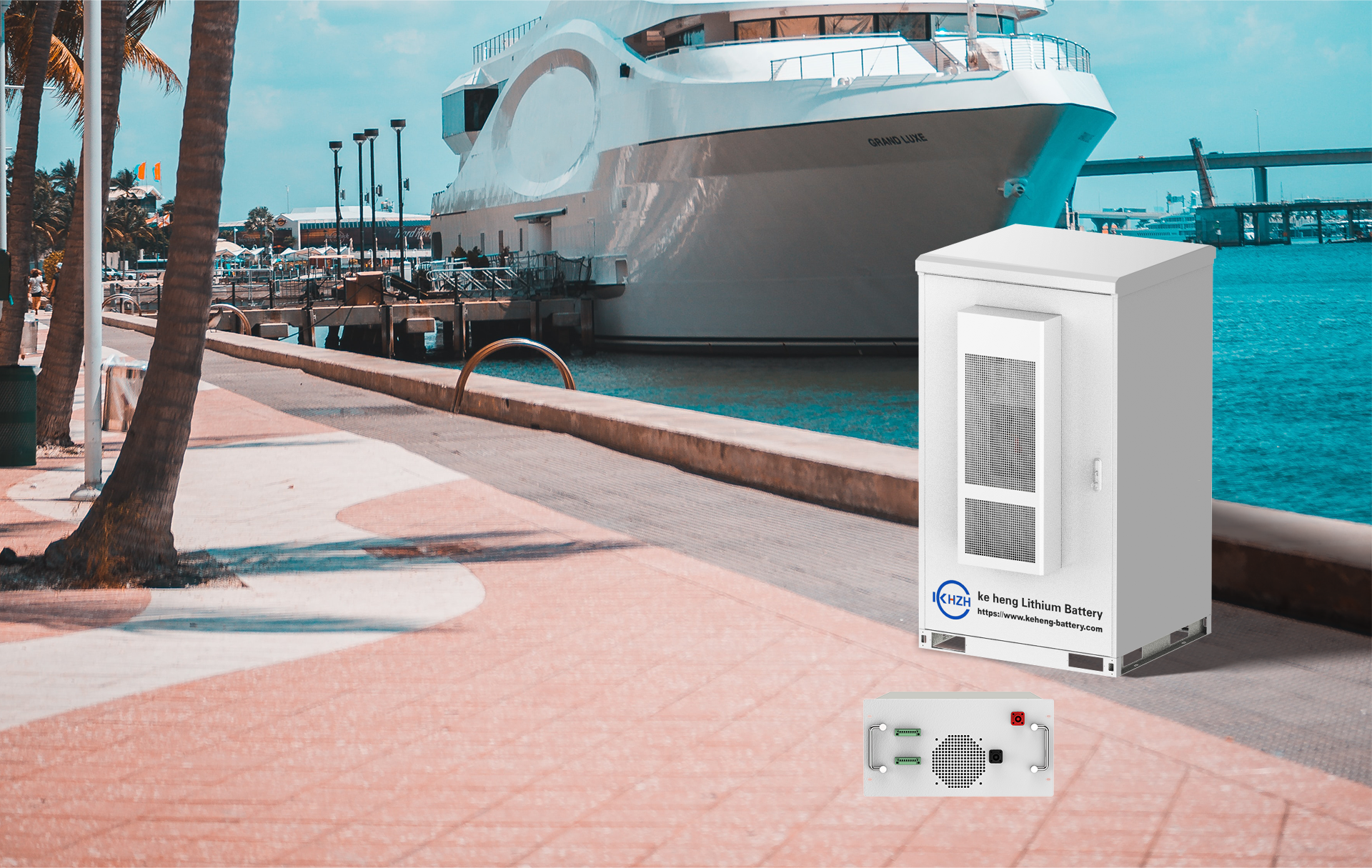
Large-Scale Batteries for Marine Applications
Due to the increasing attention paid to the marine environment, lithium battery storage systems play an important role as a clean energy source. KH BESS -ranging in capacity from 100 kWh to 3 MWh – are deployed in a variety of marine vessels, including business ships, large ferries, passenger-roller tugs, MPV cargo ships, offshore supply vessels, platform supply vessels and other marine equipment. The project provides a complete one-stop solution for energy storage facilities, as well as port equipment such as gantry cranes, and marine infrastructure such as sea farms.These batteries offer high energy density, long life, and robust performance, making them perfect for marine environments where reliability is paramount.
Benefits of Marine energy Storage System
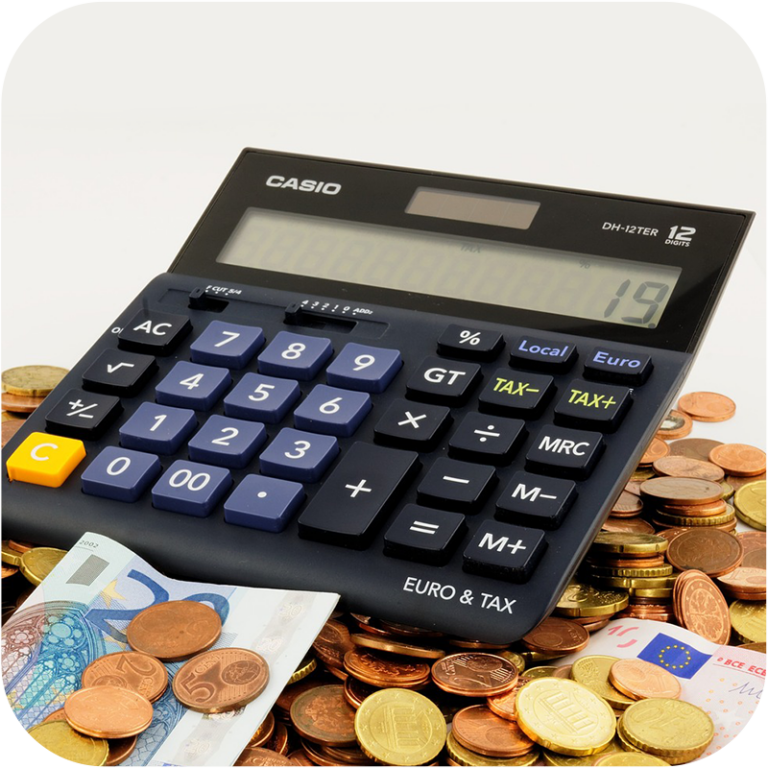
Reduced Operational Costs
Marine energy storage systems can be utilized in the use of renewable energy, your ship yacht does not need to use the fuel to provide life energy. New lithium battery technology makes the cost of lithium batteries are also declining, further highlighting the advantages of marine energy storage.
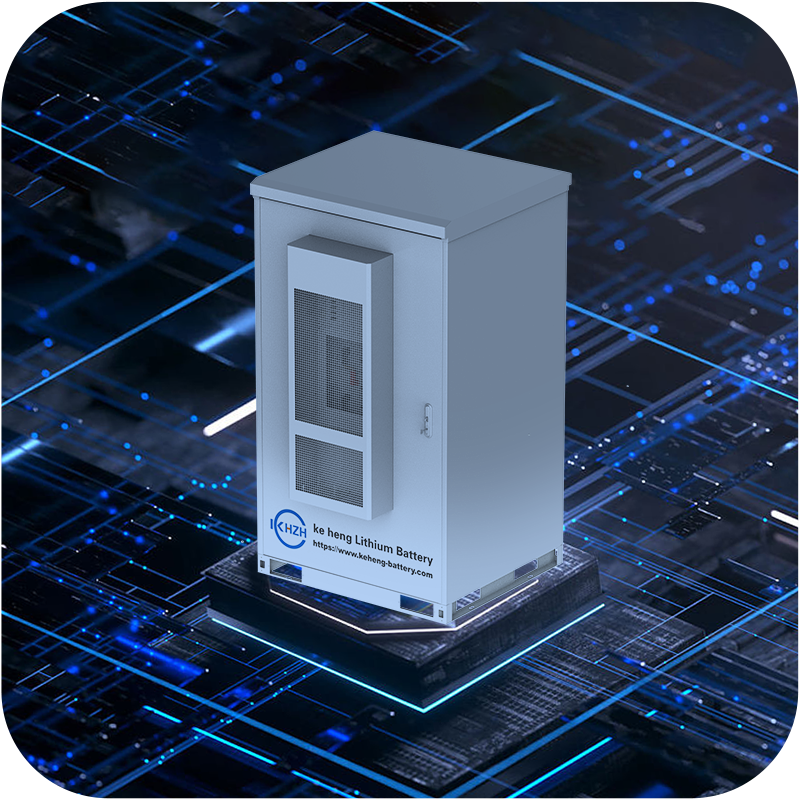
Enhanced Performance
Reliable power supply enhances overall vessel performance. Marine energy storage systems utilize stable and safe LFP battery technology with a long service life of 10-15 years, higher energy density and lighter weight than traditional lead-acid batteries,which are certificated by different classification society like DNV.

Environmental Responsibility
Marine ESS untilize the solar and wind energy to keep the power needs in yacht. By avoiding fossil fuels, it reduces the impact on marine ecosystems, contributing to the preservation of ocean life. No carbon emissions and protect marine life. The minimal noise and vibration from ESS operations further protect sensitive marine species.
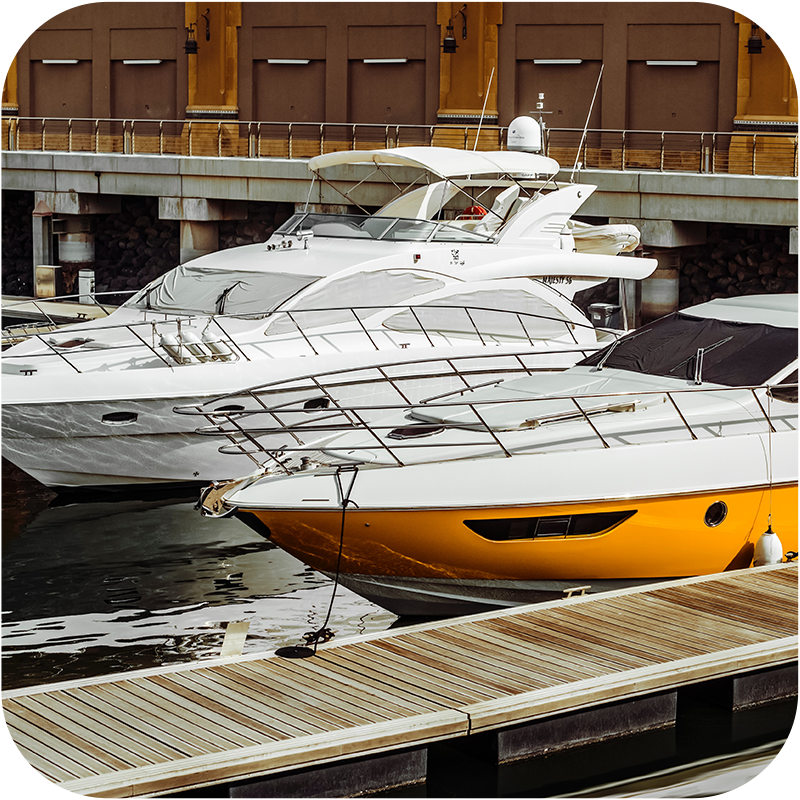
Flexibility
Module design, these battery modules can be scaled(ranging from 60 kWh to 1 MWh) to meet diverse energy requirements, whether for small yachts or for large commercial vessels.The scalability ensures that clients can customize a solution fits their energy needs. Easy for your installation, adapts to your various marine applications and requirements.
The Market Trend of the Marine ESS
The marine ESS market is rapidly evolving, driven by increasing environmental awareness and the push for sustainable marine operations. Advances in battery technology and renewable energy integration are shaping the future of marine energy storage. As a leader in this space, Keheng is at the forefront of these developments, offering cutting-edge solutions that meet the current and future needs of the maritime industry.
FAQs About Marine ESS
We will do our best to answer your most frequently asked questions.
A Marine ESS is an energy storage solution designed specifically for maritime applications, typically housed in container-like structures to be used on ships, ferries, or offshore platforms.
It’s integrated with the ship’s power management system. When docked or during peak solar/wind periods, energy can be stored, and during transit or low renewable output, the stored energy can be used.
Yes, based on vessel size, type, and energy needs, ESS solutions can be tailored for optimal performance.
Retrofitting older vessels might require significant redesign, including upgrading the power management system, reinforcing structures, and ensuring safety compliance.
While ESS adds weight, the reduction in fuel consumption and potential downsizing or optimization of engines can offset this added weight. The overall design and integration will determine the impact on vessel performance.
Get Our Newest Price List Now!
We’d love to hear from you! Send us a message using the form opposite, or email us. We’d love to hear from you! Send us a message using the form below.
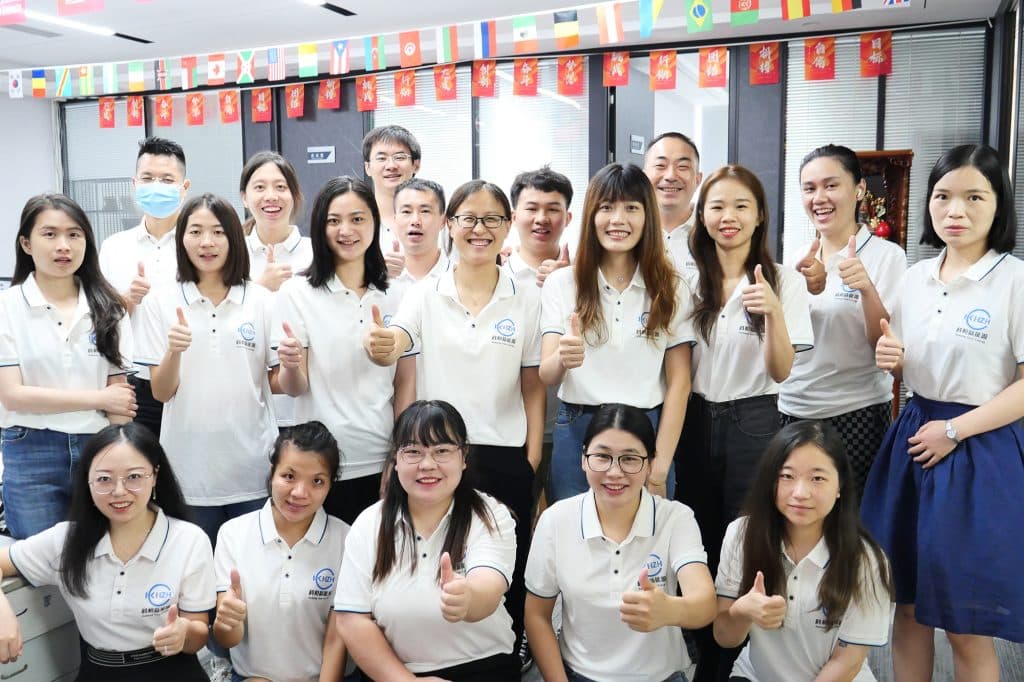
Get Lastest News
The Definitive Guide to Marine Energy Storage Systems
Overview of Marine Energy Storage System
With the accelerated development of globalization, the global community of destiny, in today’s global shipping industry is increasingly prosperous background, the ship operation process of energy consumption problems are more and more prominent, and how to make the ship in the operation a more efficient, environmentally friendly, energy-saving has become imminent. To meet the shipping industry’s efficient, environmentally friendly energy needs, Jifeng ship storage came into being, is committed to the global shipping industry to provide ship storage of new energy.
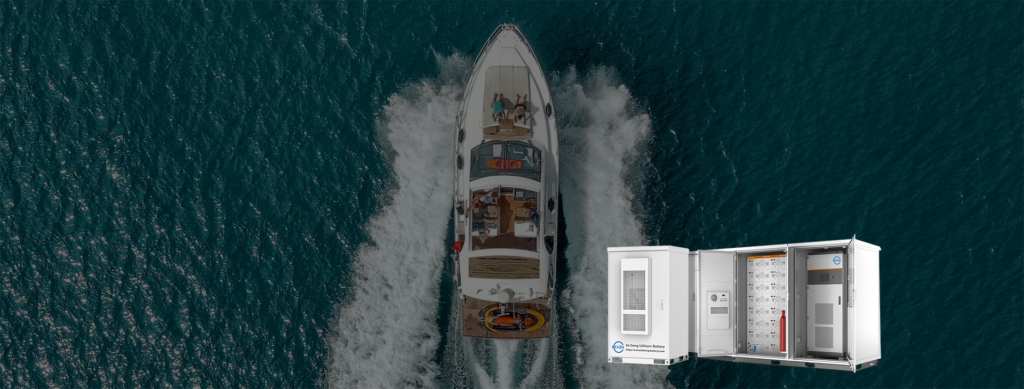
What are the categories of marine energy storage systems? What are the advantages and disadvantages of each?
Lead-acid battery: It is a kind of storage battery whose electrodes are mainly made of lead and its oxides, and the electrolyte is a sulfuric acid solution. Widely used, the cycle life can reach about 1000 times, the efficiency can reach 80%-90%, cost-effective; shortcomings: if the depth, and rapid high-power discharge, the available capacity will decline.
Nickel-metal hydride batteries: do not contain highly toxic cadmium elements, more friendly to the environment. Compared with other types of battery technology, NiMH batteries have good electrical performance at low temperatures (-40 to 20 ℃) and have higher energy density (50 to 75 (W-h)/kg) and higher cycle life (2,500 to 3,000 cycles) than lead-acid batteries. At the same time, nickel-metal hydride batteries also have an obvious memory effect, which will affect the service life of the battery if it is shallowly charged and discharged for a long time.
Lithium-ion batteries: a class of lithium metal or lithium alloy as the anode material, the use of non-aqueous electrolyte solution batteries. Cycle times up to 5000 times or more, a fast response is the highest energy in the battery of practical batteries; shortcomings: there is a high price (4 yuan / wh), overcharging leads to heat, combustion, and other security issues, the need for charging protection.
Sodium-sulfur battery: It is a kind of secondary battery with metallic sodium as the negative pole, sulfur as the positive pole, and ceramic tube as the electrolyte diaphragm. The cycle can reach 4500 times, discharge time 6-7 hours, cycle round-trip efficiency 75%, high energy density, and fast response time. Shortcomings: because of the use of liquid sodium, running at high temperatures, easy to burn.
Liquid Flow Battery: A high-performance battery that utilizes separate positive and negative electrolytes, each cycling separately. Can store up to several hours to several days of energy, capacity up to MW level; shortcomings: the battery volume is too large; the battery is too demanding on the ambient temperature; expensive, complex system.
What is a suitable energy storage system for ships?
Ships are used at sea, which can bring uncertainties to the energy storage system due to oscillation and vibration, which makes part of the energy storage technology unsuitable for ships.
When ships are not able to obtain electric power support during transportation at sea, then energy storage systems need to play an important role in carrying forward power and assisting all kinds of electrical appliances for the ship to operate.
In the high temperature, high salt, and high humidity environment during the voyage, then the energy storage system for the ship needs to have higher requirements. Under the current technical conditions, the battery technology represented by lithium batteries is the main means of bearing the ship’s base load, and its types mainly include lithium ternary batteries [50] and lithium iron phosphate batteries, which have a high energy density, a wide range of temperature operation interval (-20 ℃ ~ 50 ℃) and a relatively reliable safety management methods.
At the same time, there are many types of high-power loads during ship operation, such as radar, weapons, etc., which makes it difficult to meet the power demand by using lithium batteries for energy supply, and it is necessary to cooperate with many types of high-power energy storage technologies.
Classification of marine energy storage system

The first is the battery the main power ship’s main use for ferries, and tugboats, this type of ship’s power capacity requirements are small, can be directly near the port charging, but also can be applied to marine energy storage systems to provide power for the ship.
The second type is a hybrid ship with electricity as the main load type, its power system is usually constructed by the heat engine and energy storage system together, this type of ship (such as container carriers, bulk carriers, etc.).
The third type is hybrid ships with multiple energy loads, such as cold chain carriers, large cruise ships, military ships, etc., which need to provide sufficient cold/heat power in operation and supply thousands of people for a long period, so they need to provide multiple energy loads.
Classification of energy storage application scenarios for ships
The demand for energy storage systems in ship applications comes from 2 aspects.
The first aspect is to reduce the ship’s load to ensure that the ship can operate economically, while the energy storage system needs to ensure that at a particular time to provides an uninterruptible power supply for the ship to assist the ship’s operation.
The second aspect is to reduce the power supply needs of the equipment on the ship and to be able to adjust the overall voltage and frequency promptly.

What are the advantages of lithium batteries in ships?
High temperature resistance
Lithium iron phosphate and sodium batteries have better high-temperature performance, able to work in 0℃-50℃ environment, while lithium manganate/lithium cobaltate is usually only about 0-30℃, and ternary lithium batteries can withstand 20℃-50℃ environment to keep working. Therefore, from the point of view of high-temperature resistance, lithium iron phosphate and lithium ternary batteries have better safety.
Long life
Lithium iron phosphate batteries, lead-acid batteries, and lithium battery have a long cycle life. However, lead-acid batteries only have a cycle life of about 1,000 times, lithium ternary batteries theoretically up to 5,000 times, the actual application of about 4,500 times the capacity will decay to 80%; while the real life of lithium iron phosphate batteries that is up to 4,000 times, at this time there is still 95% of the capacity of the theoretical cycle life of more than 6,000 times.
Stable performance, high safety factor
In lithium batteries, the temperature reaches 30 ℃ above the battery efficiency will be reduced, and lithium ternary and lithium iron phosphate battery temperatures need to reach 50 degrees Celsius, of course, in the use of lithium batteries, especially when the heat management puts forward higher requirements. Lead-acid batteries have the risk of spontaneous combustion when the temperature is higher than 50 degrees Celsius, usually, lithium batteries will not spontaneously combust.
Who are the suppliers of marine energy storage systems?
Corvus Energy
Headquartered in Canada, Corvus Energy is a leading supplier of marine energy storage systems, specializing in high-performance lithium-ion battery systems.
Siemens Marine:
Siemens of Germany offers a range of marine electrical solutions, including highly efficient energy storage systems.
ABB Marine & Ports:
Swedish-Swiss multinational ABB has deep expertise in marine and port technology and offers integrated energy management systems including energy storage.
Wärtsilä:
Finnish company Wärtsilä provides advanced engineering and services for the marine and energy markets, including reliable marine energy storage and energy solutions.
Leclanché:
Headquartered in Switzerland, Leclanché provides efficient energy storage solutions for a wide range of marine applications.
EST-Floattech:
Dutch company specializing in the development of green battery systems to provide sustainable energy solutions for the marine market.
Echandia Marine:
Swedish company specializing in lithium-ion battery technology for ships, especially electric and hybrid vessels.
Saft Batteries:
Part of the French Total Group, Saft provides advanced battery technology for marine and other industrial applications.
Keheng Battery Co,. LtD
Keheng offers a range of solutions tailored for maritime applications, particularly focusing on the unique power requirements of yachts and other marine vessels.
Keheng provides containerized Battery Energy Storage Systems (BESS) designed specifically for marine applications. These systems are engineered to deliver reliable and efficient power, ensuring seamless operations even in demanding marine.
Keheng offers 12 different types of battery modules, allowing for customization to suit various yacht sizes and types. Their team works closely with clients to design systems that meet and exceed expectations, focusing on capacity planning and system integration for maximum value and efficiency. Moreover, Keheng’s marine BESS is compatible with different Power Conditioning System (PCS) suppliers, and they offer original equipment manufacturer (OEM) services for marine engine batteries and container energy storage, boasting a competitive price advantage compared to European competitors.
Solar Battery Storage News
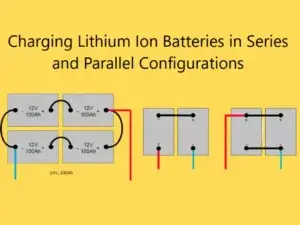
Are Parallel and Series Batteries Dangerous? Safety Concerns Explored
Exploring the safety risks of series and parallel battery configurations is crucial in understanding the complexities involved. From overcharging to thermal runaway, these setups require meticulous management to ensure safe operation and longevity. Implementing robust Battery Management Systems (BMS) is essential for monitoring and controlling voltage and current levels in each cell, mitigating risks associated

Interpreting dq/dv Graphs for Battery Analysis
Delve into the world of battery analysis with the importance of interpreting dq/dv graphs. Discover how peaks on the graph reveal battery health, capacity, and electrochemical processes. Uncover techniques for improving interpretation and real-world applications that showcase the significance of dq/dv analysis. From electric vehicles to aerospace applications, dq/dv graph interpretation plays a crucial role
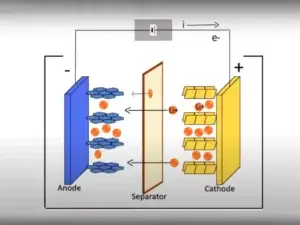
Expert Tips: How to Charge Lithium Ion Battery
Introduction to Lithium Ion Batteries Lithium ion batteries have been the hallmark of the energy storage revolution since their introduction in the 1990s. These rechargeable batteries are famous for their high energy density, low self-discharge rate, and long lifespan. This has made them the preferred choice for powering electric vehicles, golf carts, RVs, and a

